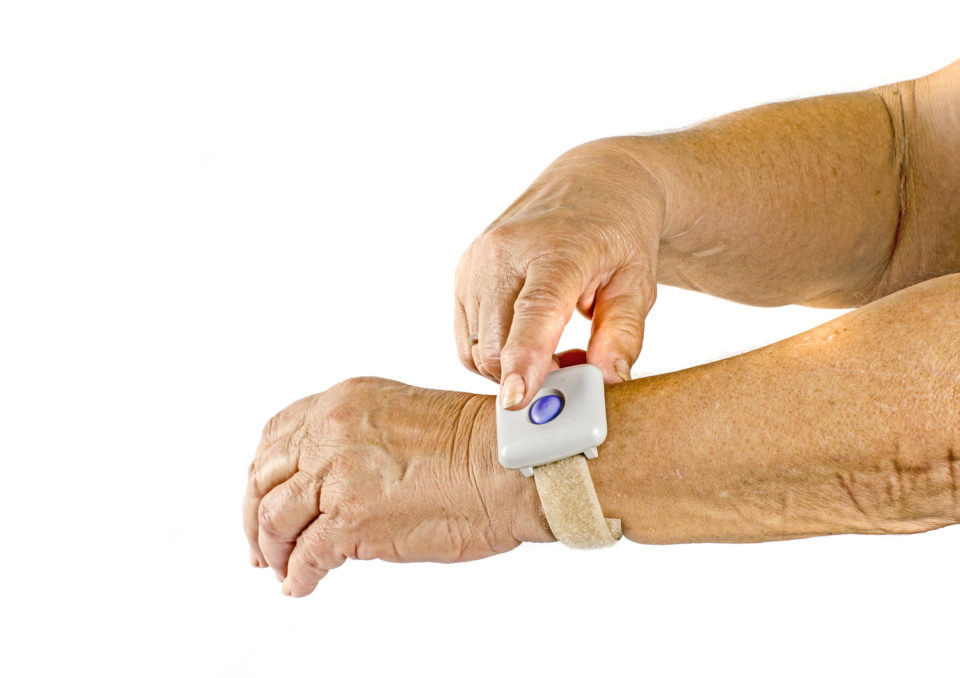Medical alert systems are simple devices that, with a press of a button, send an emergency alert and connect you with a friend or family member or to an emergency dispatch center. They are usually waterproof in case of a fall near the showers or tub and have a robust build. With seniors having a higher risk of a fall or a medical emergency, for those living by themselves, Medical Alert systems are a vital tool to ensure health and safety.
Here are the three main factors to consider when selecting a medical alert system for you or your loved ones:
Selecting a home-based or mobile system
Medical alert systems were originally designed to be connected to a landline telephone connecting you with a dispatcher or an emergency contact using the landline located in your home. These work best for seniors who do not venture out often.
Mobile systems, on the other hand, are connected via cellular network and use GPS technology and are better suited for seniors who are regularly out of their homes.
Using a system that is monitored or unmonitored
Monitored systems connect you with someone at a 24/7 dispatching center. Depending on the emergency, the dispatch center can alert the relevant authorities and inform your emergency contacts. An unmonitored system automatically connects you to the contacts in your emergency contacts directory. The main difference between the two is in the pricing with monitored systems requiring subscription fees and other commitments and unmonitored systems usually being free of charge.
Opting for a Fall-Detection feature
Automatic fall detection is a useful feature that detects a fall and automatically sends an emergency alert and calls the dispatch and your emergency contacts. While the technology behind it isn’t refined yet, the additional subscription fee is usually a modest amount. If you are at a high risk for falls, this is definitely a feature to consider.
A few important tips
- Check return policies: As you can test the medical device only after purchase. Check the return policy, in the case you have hearing loss, so that you can return the device in case it’s volume isn’t high enough.
- Check for deals: Many manufacturers offer significant discounts and deals on the listed price via salespeople.

